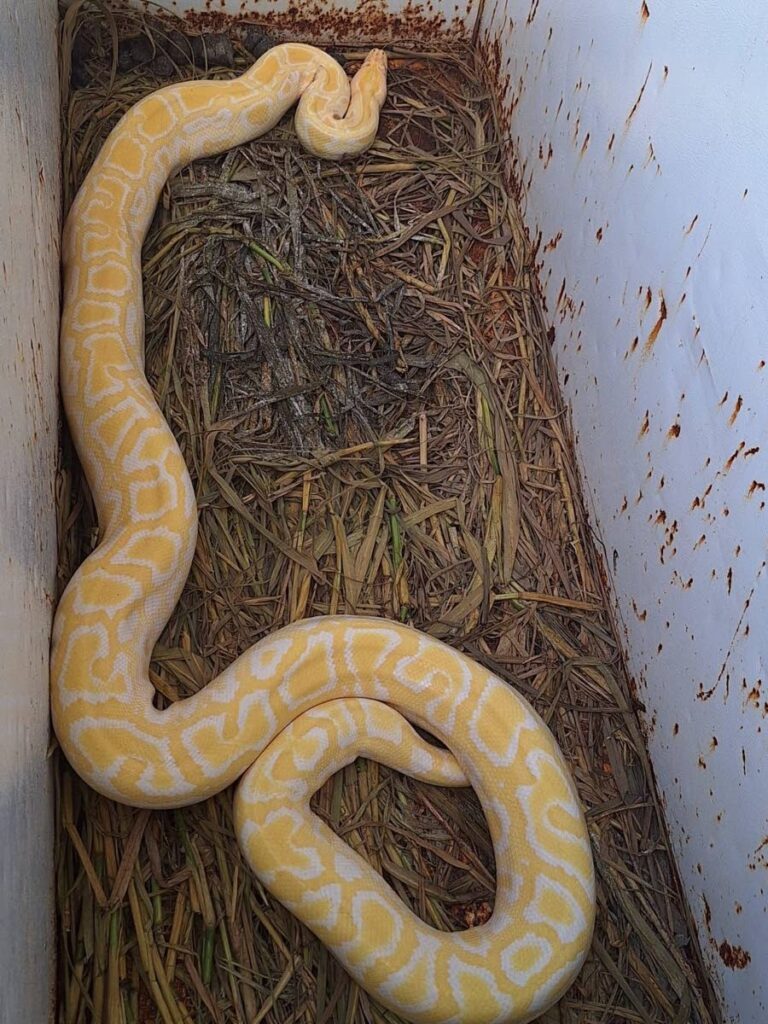What about the monkeys coming from Venezuela?

THE EDITOR: The presence of a Burmese python kept illegally in a disused freezer in a backyard in Las Lomas made headlines. The fearful neighbours reported it and game wardens, handlers from the zoo and officers of the praedial larceny unit came out in force to remove the animal.
The Minister of Agriculture, Land and Fisheries expressed concern about the presence of such an invasive species and the significant threat posed to the local ecosystem and its biodiversity. The response is all as it should be.
What though of the black-faced capuchin monkey? They may not be as exotic, but they do represent a threat to our biodiversity. These poor animals are entering the country in large numbers from neighbouring Venezuela. Usually captured as babies, they are popular as cute pets and reared usually with no understanding of their needs or dietary requirements.
Malnourished and confined to small cages, they become increasingly aggressive and dangerous to handle as they mature. They then live out the rest of their lives in frustrated confinement or they may be released. Many will die, not having learned the skills to survive on their own. Others will join already established populations in our forests where they compete and may ultimately replace our own indigenous species of capuchin monkey.
Although our laws prohibit the keeping of monkeys as pets, and a permit is required in the event that permission is granted, the public seems unaware and the presence of illegally held monkeys is widespread.
The Animal Welfare Network, a local NGO formed in 2000, offers free structured sessions on animal care and welfare to primary schools. In talking to the children, we learn more about their interest in animals and the pets they have at home. We are shocked at the prevalence of monkeys in many households. In one school we visited, eight children in one class responded that they had monkeys as pets.
Like any trade in illegal contraband, supply is driven by demand. Public awareness and education on the harm done by the trade in illegal wildlife, both through the suffering of these animals and the potential dangers of disease spread, are clearly lacking.
A greater investment in education by the responsible government agencies and support for existing NGO-led programmes is essential if we are to make progress in teaching our population to value our indigenous species and curtailing the cruel and dangerous illegal trade in wildlife.
SITA KURUVILLA
via e-mail


Comments
"What about the monkeys coming from Venezuela?"